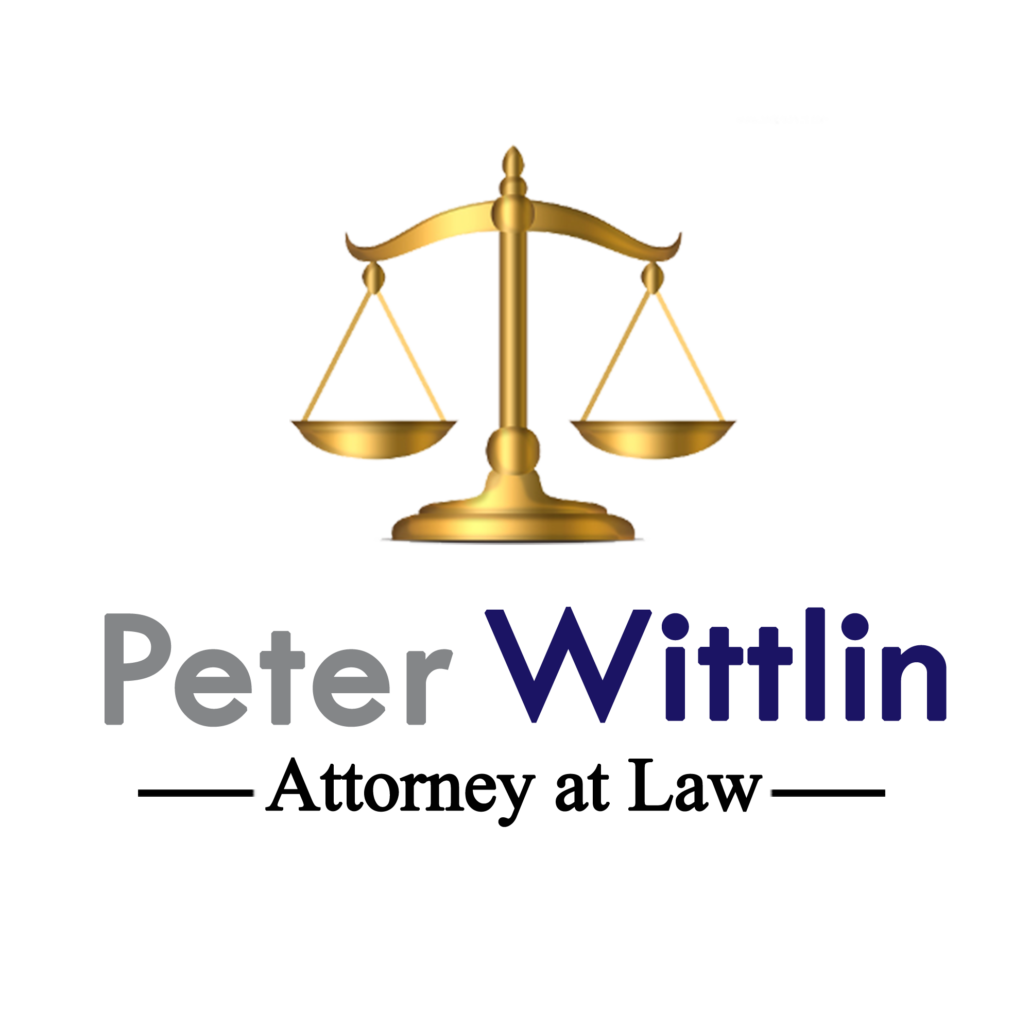Bankruptcy Options: Chapters 7, 13, and 11
As a bankruptcy attorney, I’ve represented many clients in obtaining relief from debt. Here are your options in Bankruptcy Court:
Defining Bankruptcy
Bankruptcy is a federal court procedure (done in Santa Ana, LA, or Riverside), which enables consumers and/or businesses to rid themselves of all, or substantially reduce, their unsecured debt, and extend the time to pay past due secured debt. Unsecured debt is generally consumer credit card debt and medical bills, whereas secured debt is mortgage debt on your home or other realty, and against your car(s).
Chapter 7:
This is called “liquidation,” i.e., whatever assets you have which are not exempt from creditors (most assets are exempt so you keep them), are given to the chapter 7 trustee to sell and distribute any net sale proceeds to your creditors pro rata. Chapter 7 is good for you to extinguish your unsecured debt, and is recommended if you (husband & wife) have less than $100,000 equity in your home (less than $75,000 equity for individuals, and less than $175,000 for debtors 65 years or older) so you keep your home. Chapter 7 is available to you every 8 years.
In a Chapter 7 case, if you have mortgage (secured) debt on your home or cars, you’ll generally have to pay it as it becomes due. You may be able to extinguish certain back income taxes owing to the IRS or to the FTB if they are for taxable years for which the last day to pay them is at least 3 years before you file your Chapter 7 bankruptcy petition.
The attorney’s fees you pay for a Chapter 7 range from about $1,800 to $2,500, but may be more depending on how much work special work your attorney may be required to do, e.g., to reaffirm debt, dealing with tax claims or student loans, opposing adversary actions by creditors (rare).
Chapter 13:
This is called “individual debt readjustment, i.e., you keep all of your assets, including your home regardless of its equity, provided you pay over 36 to 60 months all of your “net disposable income” after household expenses to the chapter 13 trustee toward satisfying unsecured creditors and to cure the arrears owing to your lenders on your home and cars. Whatever your monthly payment is to the Chapter 13 trustee, you add 11% to cover his operating expenses.
Chapter 13 can save your home from foreclosure, and hence is generally the reason to select it over Chapter 7. Filing a Chapter 13 will automatically stop any threatened foreclosure sale of your home. (A Chapter 7 filing would do that, but a threatened foreclosure sale can be renoticed, but not in a pending chapter 13 case.)
Chapter 13 is available only to individuals (husband and wife, included), whose combined unsecured debt does not exceed $394,725, nor secured debt exceed $1,184,200 (as of Year 2017). (These figures tend to increase some every year.)
The attorney’s fees you pay for a Chapter 13 are generally $4,000 to $5,000, depending upon the number of unsecured and secured creditors, and also how much work the attorney may have to do to have your Plan approved by the Court. Such fees may be payable over time to the attorney, rather than all “upfront.”
Chapter 11:
This is called “reorganization.” It is available to individuals whose assets
exceed the Chapter 13 ceiling, and to partnerships, LLCs, and corporations, who want to stay in business and preserve their assets, but need time to pay off unsecured and secured debt. Unsecured creditors must receive what they would receive in a chapter 7 liquidation.
The attorney’s fees for Chapter 11 generally run in the five figures, i.e., $20,000 or more, depending upon the amount of work needed to have a Chapter 11 Reorganization Plan approved by the Court. Chapter 11’s are “paper-intensive,” requiring periodic written accountings and disclosures of business operations, but if done correctly can save your business from a forced chapter 7 liquidation.
Which Bankruptcy Option is Best for you?
While this article serves as a helpful overview of your bankruptcy options, tailoring my legal advice to your specific financial situation is best done in person.
Disclaimer: The information in this article by Attorney, Pete Wittlin, is for promotional purposes only, and should not be relied upon without your firstly consulting with learned bankruptcy counsel familiar with your particular financial situation.
Whether you are a debtor or creditor, it is most advisable that you not represent yourself in Bankruptcy Court, but hire an experienced bankruptcy attorney so to do. It has been said that, “Anyone who represents himself in court has a fool for a client, and a jackass for an attorney.” So with that chuckle, be so aware.
For more information, concerns or clarification, please contact Attorney, Peter C. Wittlin, at pwittlin@gmail.com or (949) 430-6366.


